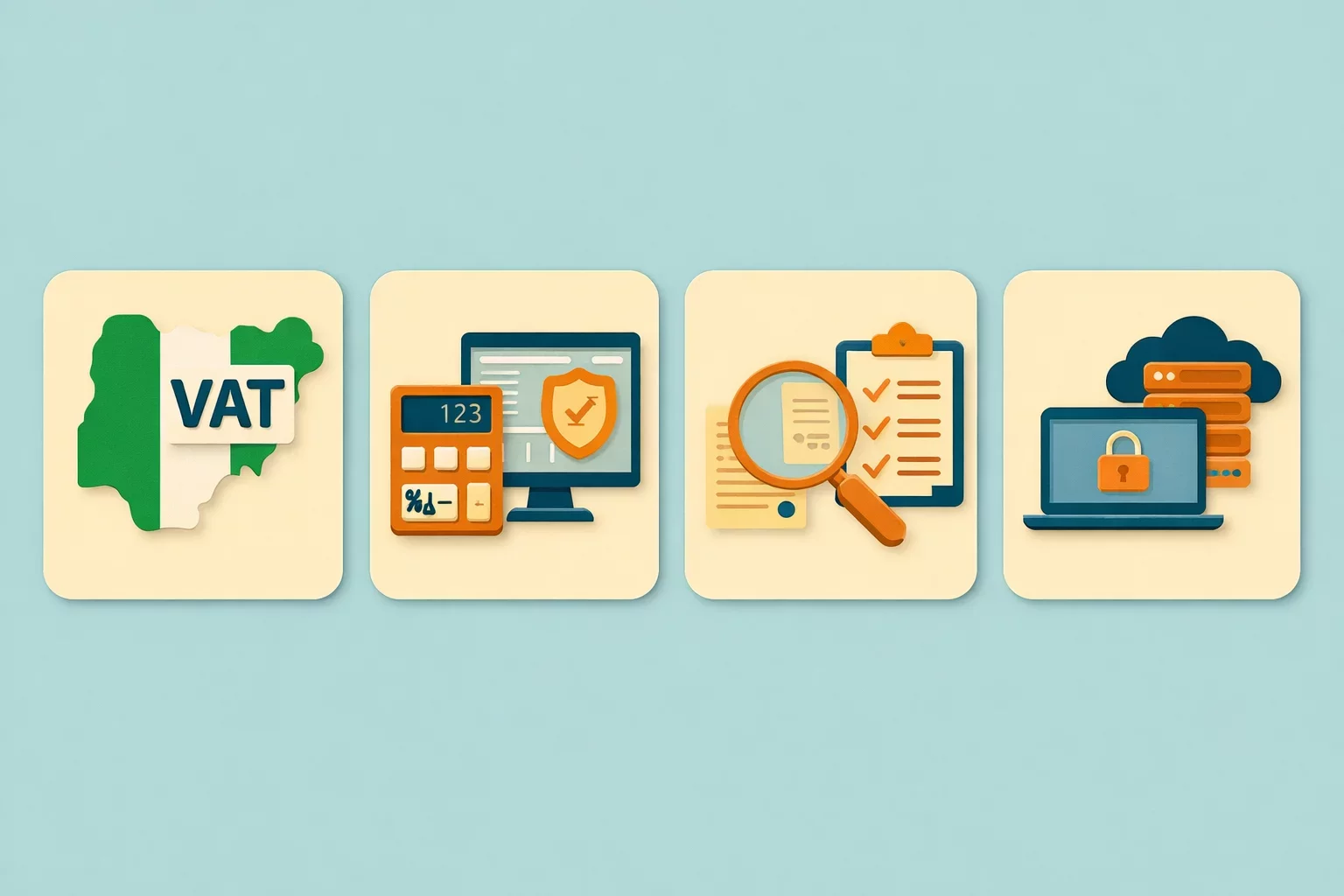HMRC Launches VAT Registration Estimator: Simplifying UK VAT Compliance

The VAT landscape is changing rapidly, and although it might seem that the government is only looking for ways to include more activities under the scope of VAT or that they want to impose an obligation to register for VAT on more taxable persons, there are also examples of innovations and developments that can help taxpayers be compliant.
One of those developments was presented by Her Majesty Revenue and Customs (HMRC), a UK taxation governing body that launched the digital tool VAT Registration Estimator.
Who Needs to Register for VAT in the UK
Before explaining why the VAT Registration Estimator was developed and launched and its purpose, we should examine VAT registration requirements first. In the UK, if domestic taxable persons have a turnover in a 12-month period above GBP 90,000 or expect to exceed the GBP 90,000 VAT registration threshold in the next 30 days, they should register for VAT.
Foreign taxable persons should register for VAT regardless of their annual turnover if they supply goods or services to UK consumers or expect to make such supplies in the next 30 days.
Purpose of the VAT Registration Estimator
The HMRC decided to develop and launch the VAT Registration Estimator for a few reasons. The first was based on feedback from small business owners who proposed the idea of a digital tool to help them track turnover relevant to VAT registration. Additionally, such a tool helps them calculate and estimate the effect of VAT registration on their profits.
The second group of taxable persons who could find this tool helpful are those who want to register for VAT voluntarily. These taxable persons can use the VAT Registration Estimator to estimate how much they would owe or reclaim if they registered.
In simpler terms, the VAT Registration Estimator helps taxable persons understand the financial impact of registering for VAT and whether they are approaching the VAT registration threshold. However, this tool does not tell taxable persons whether they should register for VAT. The decision is up to them.
Finally, the VAT Registration Estimator provides all the necessary information on completing the VAT registration process in the UK and links to all other VAT-relevant sources of information.
Steps to Use the VAT Registration Estimator
Taxpayers can successfully use the VAT Registration Estimator by following several steps. The first step is to gather relevant information, such as financial numbers related to sales and cost for goods and services supplied to UK consumers. Business records and invoices can be valuable sources of information when determining financial numbers.
The second step is determining which VAT rates apply to the supply of goods and services or whether certain supplies are exempt from VAT.
This information should be provided when using the VAT Registration Estimator so that the tool can provide the most precise estimation. Nevertheless, VAT Registration Estimator users should remember that the result provided is only an estimation and that those data should not be included in VAT returns,
Completing the VAT Registration Estimator survey takes around 20 minutes. The service is free, and HMRC does not use the data provided.
Conclusion
The UK government's launch of the VAT Registration Estimator showed how to make VAT compliance more manageable and reachable for all stakeholders. Additionally, by doing so, the UK government perhaps paved the way for other governments to develop similar online tools, helping resident and non-resident taxable persons better understand VAT rules and regulations.
It is especially commendable that the HMRC has developed this tool based on the information received by taxable persons. This proves that all sides should be included in reducing the space for misunderstanding VAT regulations and requirements.
Source: HMRC - Press release, HMRC - Check what registering for VAT may mean for your business, HMRC - Guidance

Featured Insights

Nigeria VAT Compliance: TaxPro Max Explained
🕝 March 3, 2026More News from United Kingdom
Get real-time updates and developments from around the world, keeping you informed and prepared.
-e9lcpxl5nq.webp)




-c06xa1wopr.webp)



-lwb5qpsily.webp)
-qzsah2ifqx.webp)



-subxdamdj6.webp)
-gkduqhwbzh.webp)





-m2tl8crfqr.webp)


-xla7j3cxwz.webp)
-qjopq5jplv.webp)



.png)
.png)
.png)


















